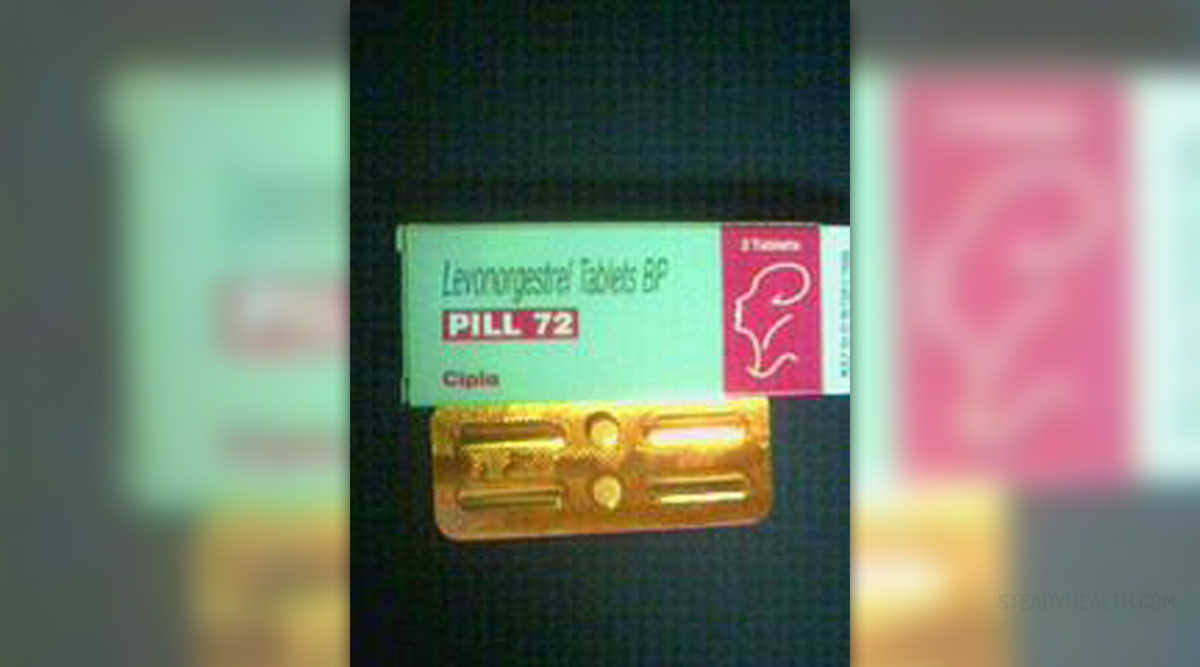
What is emergency contraception?
Emergency contraception is used as a type of a birth control measure to prevent pregnancy after the sexual intercourse has occurred. Emergency contraception is suitable only as an emergency measure, and it should not be used on the regular basis. There are other forms of birth control that are a lot more effective. Most of them are not associated with any kind of side effects, which are often associated with certain emergency contraception methods. Most commonly used type of emergency contraception are the "morning-after pills," based on high doses of hormones and designed to disrupt ovulation or fertilization of eggs. Intrauterine devices can also be used as emergency contraception. Insertion of an intrauterine device is even more effective than use of emergency contraceptive pills.
When is emergency contraception used?
Emergency contraception is used following the unprotected sex or when the usual contraception has failed. This type of contraception is used only if a couple wants to avoid unplanned or unwanted pregnancy. People usually use emergency contraception following the condom breakage, slippage or incorrect use of the condom. It is also suitable in cases when a woman has failed to take an oral contraceptive pill, or if she took a progestin-only pill more than three hours late. Emergency contraception pill is also suitable to prevent pregnancy that may result from displacement of the intrauterine device, failure of a spermicide tablet or film to melt, or because of a failure to abstain from sexual intercourse on a fertile day of the cycle.
How does it work?
The emergency contraception pills use high amounts of hormones to prevent releasing of the egg. In addition, these pills can thicken the cervical mucus and thin the lining of the uterus, preventing the sperm from reaching the egg and disturbing the normal environment required for implantation. Emergency contraception can be used up to five days (120 hours) following the sexual intercourse, and it is only effective before the process of implantation has begun. If they are taken correctly, emergency contraceptive measures are effective in most of the cases.
Side effects
The most common side effect of emergency contraceptive pills is nausea followed by vomiting. Other complaints may include abdominal pain, severe headaches, extreme fatigue, dizziness and tenderness of the breasts. In most cases, the side effects will subside a couple of days following the treatment, usually within 24 hours. Afterwards, women may experience temporary disruption of the menstrual cycle or bleeding irregularities.




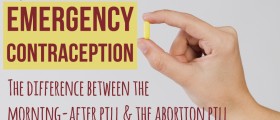



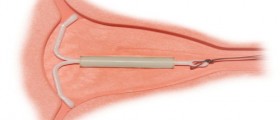
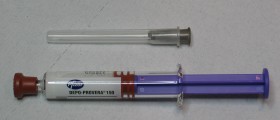

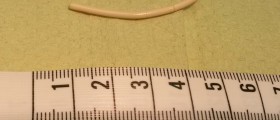
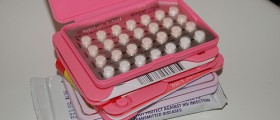


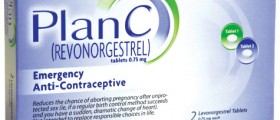

Your thoughts on this
Loading...